Couldn't Find What You Were Looking For?
Use the chat feature of our page, and we can guide you in the right direction, or see our suggestions below.
Want funds to invest in real estate?
Need to save money on taxes?
Stay updated on the latest market trends
2 hour free real estate webinar
Get quality emails (No spam)
I confirm that I want to receive content from Novarise.
